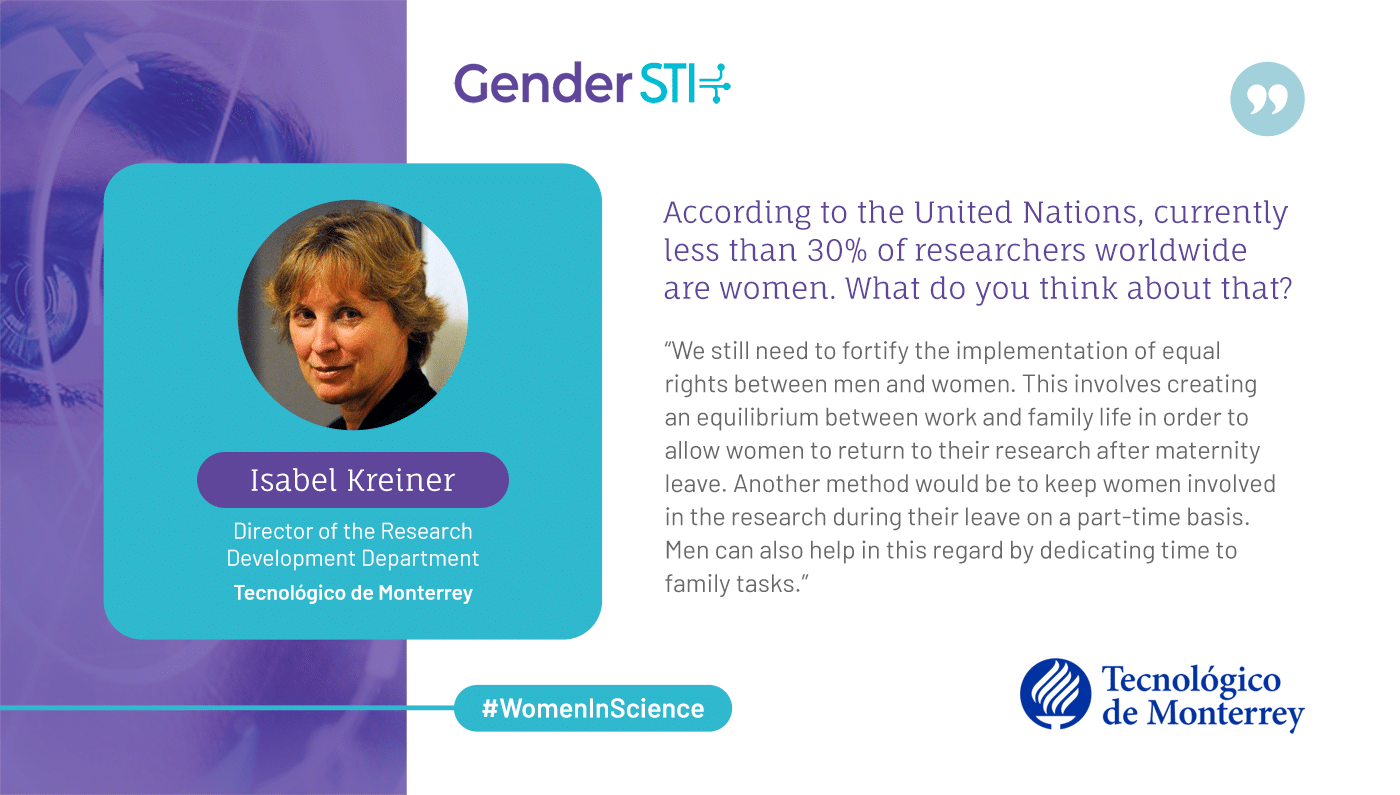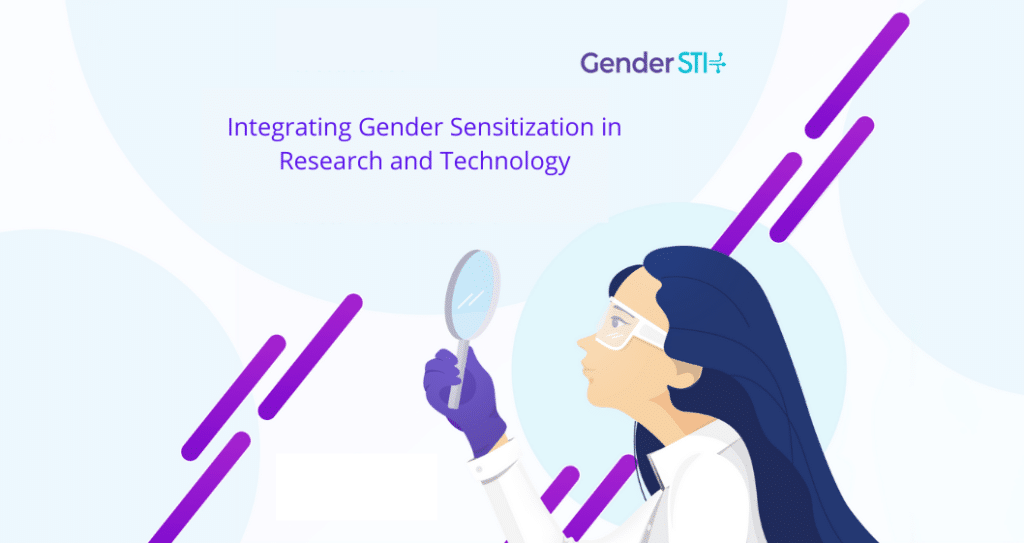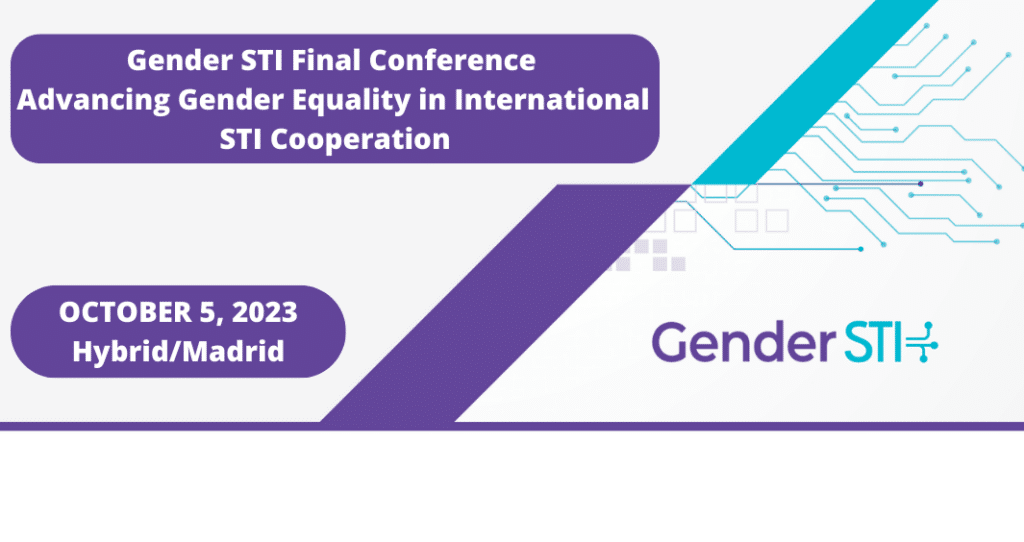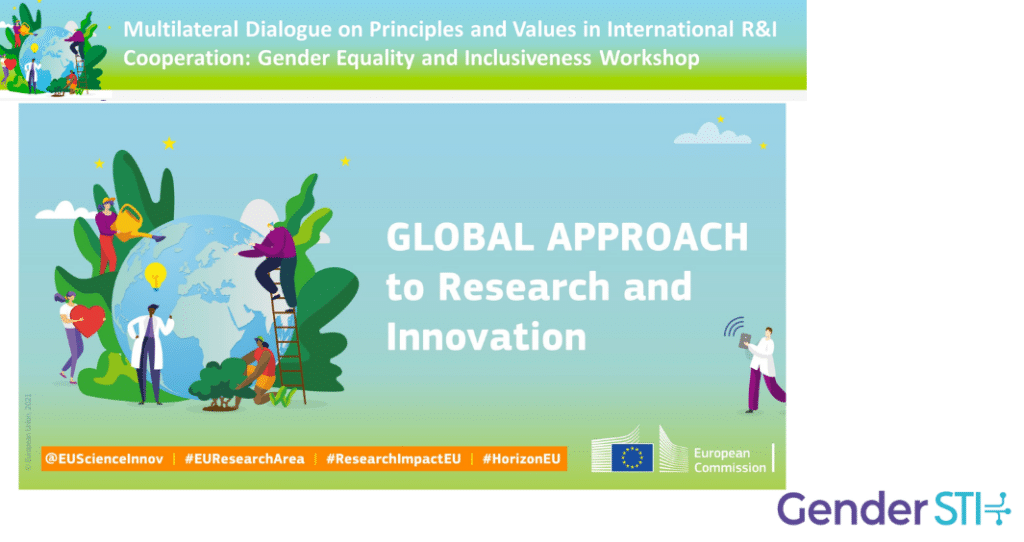This week, the world will celebrate the International Day of Women and Girls in Science on Feb. 11, which aims to promote full and equal access to and participation in science for women and girls. As part of this effort, Gender STI has launched its own #WomenInScience campaign. We talked to researchers and experts, both men and women, about why they got involved in science, what they think about current statistics on women researchers and what they think needs to be done to encourage more women and girls to pursue scientific careers.
We thrilled to feature an incredible #WomanInScience. Meet Isabel Kreiner, director of the Research Development Department at Tec de Monterrey.
Questionnaire for researchers
What is your job position and what science field do you work in? What does your job entail?
I am the leader of the Research Development Department at Tec de Monterrey. My background is environmental engineering and sustainability research. My job involves identifying the big challenges and opportunities that can be addressed through research as well as supporting the design of research projects. Specifically, this includes the managerial and administrative sections of proposals and also checking on the quality of the proposals as a whole.
Why did you decide to pursue a career in science, and specifically in your scientific field?
I like to be involved in projects and contribute to the creation of new knowledge and technology. I don´t like routine and therefore am always looking for new challenges. I started out as an environmental engineer in 1981, knowing that our world has finite resources, and that pollution has an impact on all ecosystems. Later on, I decided add sustainability and management systems to my research.
According to the United Nations, currently less than 30% of researchers worldwide are women. What do you think about that?
We still need to fortify the implementation of equal rights between men and women. This involves creating an equilibrium between work and family life in order to allow women to return to their research after maternity leave. Another method would be to keep women involved in the research during their leave on a part-time basis. Men can also help in this regard by dedicating time to family tasks.
What would you tell young girls and women who are interested in pursuing a career in science?
They should pursue their aspirations. There are always ways to do it. Networks are essential in this sense. I think that being a scientist is a very satisfying way of living. It’s a way of trying to contribute to the progress and happiness of our society.
What message would you send to the public on the International Day of Women and Girls in Science?
Women are equal and essential partners in contributing to the progress of humanity and a sustainable future.



